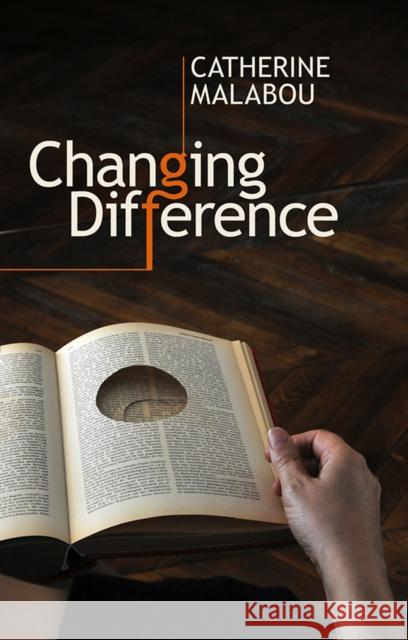Changing Difference: The Feminine and the Question of Philosophy » książka
Changing Difference: The Feminine and the Question of Philosophy
ISBN-13: 9780745651095 / Angielski / Miękka / 2011 / 180 str.
Translated by CAROLYN SHREAD In the post-feminist age the fact that 'woman' finds herself deprived of her 'essence' only confirms, paradoxically, a very ancient state of affairs: 'woman' has never been able to define herself any other way than in terms of the violence done to her. Violence alone confers her being - whether it is domestic and social violence or theoretical violence. The critique of 'essentialism' (i.e. there is no specifically feminine essence) proposed by both gender theory and deconstruction is just one more twist in the ontological negation of the feminine. Contrary to all expectations, however, this ever more radical hollowing out of woman within intellectual movements supposed to protect her, this assimilation of woman to a 'being nothing', clears the way for a new beginning. Let us now assume the thought of 'woman' as an empty but resistant essence, an essence that is resistant precisely because it is empty, a resistance that strikes down the impossibility of its own disappearance once and for all. To ask what remains of woman after the sacrifice of her being is to signal a new era in the feminist struggle, changing the terms of the battle to go beyond both essentialism and anti-essentialism. In this groundbreaking work Catherine Malabou begins with philosophy, asking: what is the life of a woman philosopher?











